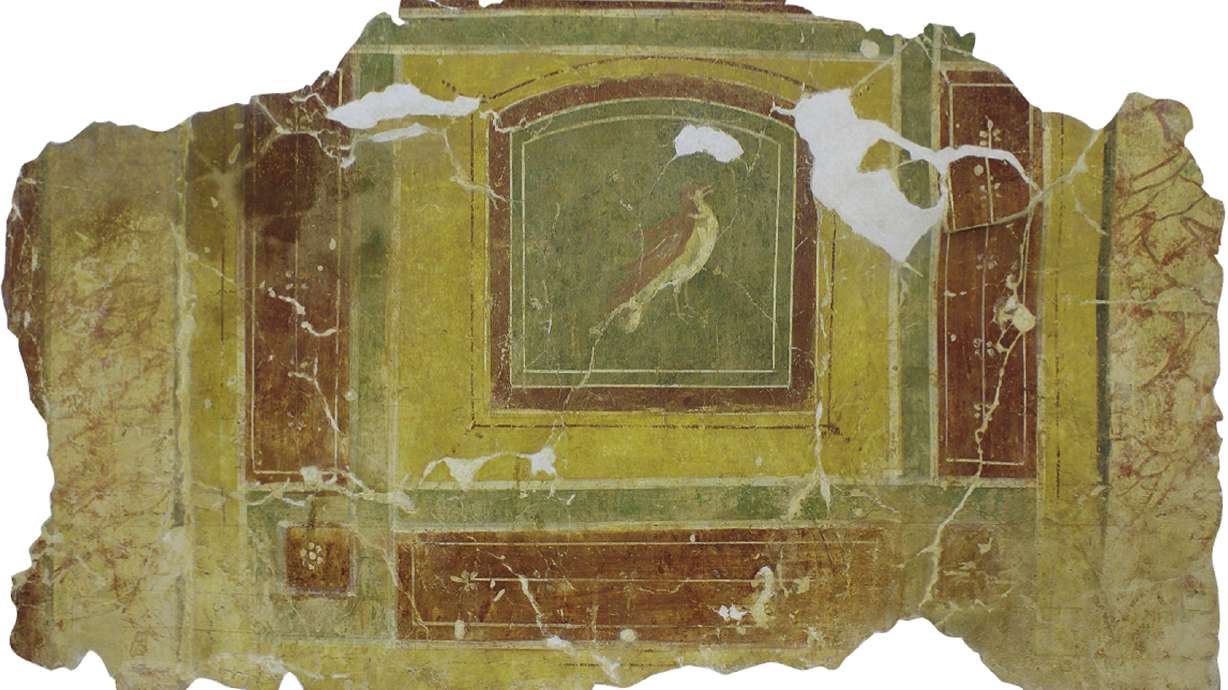Estimated read time: 2-3 minutes
This archived news story is available only for your personal, non-commercial use. Information in the story may be outdated or superseded by additional information. Reading or replaying the story in its archived form does not constitute a republication of the story.
PARIS (AP) — Greek and Roman antiquities and prehistoric artwork are under threat from Islamic State extremists in lawless Libya, leading world museums and the U.N. cultural agency said Tuesday.
The International Council of Museums released a list of cultural treasures "in peril," and appealed to Interpol, customs officers and art traders to watch out for looted Libyan goods.
Islamic State extremists have destroyed temples and ancient sites in Iraq and Syria, and experts believe they are also selling plundered antiquities on the black market. IS has also made inroads across Libya, which is split between rival governments and plagued by weapons smuggling, people smuggling and extremism.
Among the threatened artwork are: sculptures and mausoleum carvings in Cyrene, a one-time Greek colony; the Roman-era trading center of Sabratha; and a desert region home to stone paintings or carvings dating back 12,000 years.
While damage to cultural heritage has been recorded in Iraq, Syria and Egypt, keeping track of Libya's treasures is virtually impossible because it has become so dangerous there since the 2011 fall of late dictator Moammar Gadhafi.
"With two rival governments .... the country is in full chaos," the museums council said.
While the council said it has not registered large-scale destruction in Libya "aimed at clearing all signs of the past," it has recorded theft, pillaging and destruction, notably of Sufi mosques around Tripoli. Their red list of threatened sites also includes sculptures, mausoleum busts and medieval artifacts, including coins decorated with a flower that's now extinct.
The head of UNESCO, the U.N. cultural agency, says the destruction and looting of archaeological sites in the Middle East should be considered a war crime.
Videos earlier this year showed Islamic State militants taking sledgehammers to ancient artifacts in Iraq's museums and blowing up 3,000-year-old temples, sending shockwaves through the archaeological and museum worlds.
Terrorism finance investigators say the Islamic State group is making money both by selling artifacts directly and by taxing criminal gangs that dig up archaeological sites in their territory.
Copyright © The Associated Press. All rights reserved. This material may not be published, broadcast, rewritten or redistributed.









